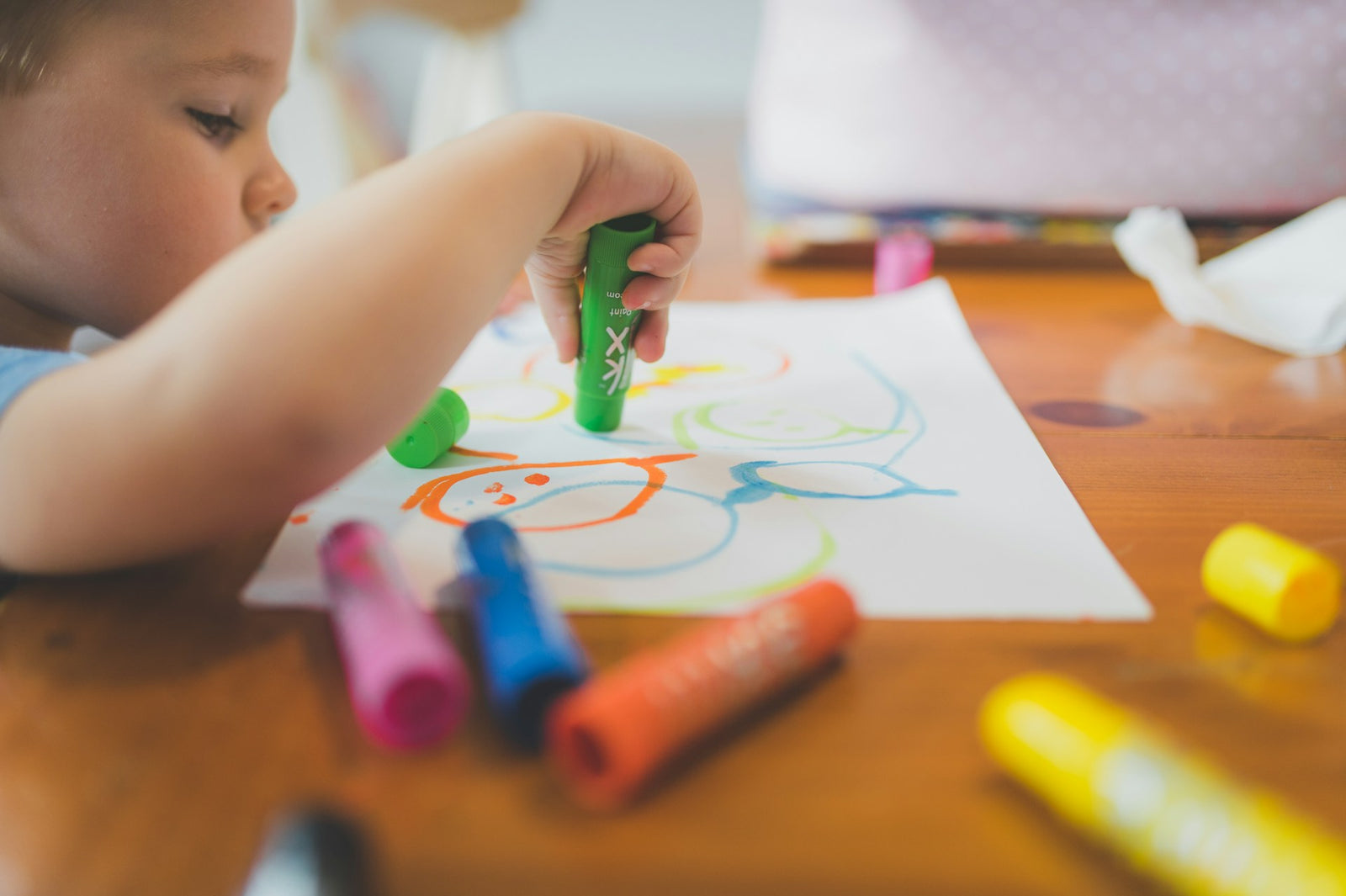Practical Guide: Setting Up Your Home for Montessori Learning

Embracing the Montessori method at home can transform everyday parenting into an empowering educational journey for both you and your child. Montessori isn't just a philosophy for educational institutes; it's a lifestyle that nurtures independence, curiosity, and a love for learning from the very start of a child’s life. Here, we share insights on embedding Montessori principles seamlessly into your daily routines and home setting, ensuring that the spaces you share with your children stimulate their developing minds.
Our lives revolve around creating environments that are not only safe but also enriching for our children. The arrangement of your living space, the type of materials you choose, and the daily activities we plan can significantly influence your child's ability to learn and grow independently. Every detail in the Montessori method is designed to respect children’s natural development and to assist them in mastering valuable life skills through real-world interactions within the home.
As we delve into how to optimize your home for Montessori learning, we’ll focus on crafting environments that encourage exploration and learning freely. By understanding and utilizing Montessori core principles, you’re bound to see remarkable growth in how your child interacts with their surroundings, developing both cognitively and emotionally with each passing day.
Understanding the Core Principles of Montessori at Home
Montessori at home is rooted in creating an environment that fosters independence, respect, and learning through discovery. The primary goal is cultivating a space where children feel empowered to explore and learn at their own pace. This approach mirrors the respect for each child's development process, emphasizing practical life skills, sensory-based learning, and hands-on experiences. We incorporate these principles by offering child-centered activities, allowing them to engage in tasks that they naturally find interesting and challenging.
Moreover, a key aspect of Montessori at home involves the adults playing a critical but subtle role. Rather than leading the way, parents and caregivers are encouraged to observe and facilitate the child's learning experience. This means setting up the environment so that it's safe and accessible and then stepping back to allow the child the satisfaction of doing things by themselves. This support builds a sense of accomplishment and confidence in our children, empowering them to take initiative in their own learning journey.
Essential Montessori Materials for Infants and Toddlers
When selecting Montessori materials for infants and toddlers, focus on simplicity and functionality. Each item should serve a purpose and aid in the developmental stages of your child. Here’s a list of essential materials that we recommend to encourage your infant or toddler's growth in alignment with Montessori principles:
- Wooden Puzzle Pieces: Wooden toys are fantastic for motor development and problem-solving. Ensure the pieces are large and easy to handle. If you don't have puzzle pieces, consider interlocking discs.
- Stacking Blocks: Perfect for learning about sizes, shapes, and the concept of order. Plus, they enhance fine motor skills.
- Shape Sorters: These introduce infants and toddlers to the idea of matching and promote hand-eye coordination.
- Soft Books: Made from fabric, these books are safe and encourage a love for reading from an early age.
- Sensory Balls: With various textures and sizes, sensory balls are great for tactile exploration and motor skills.
Each of these materials not only keeps your child engaged but also supports vital areas of development without overwhelming them. By carefully choosing materials that align with Montessori principles, we help our children develop their senses, refine their motor skills, and begin to understand the world around them.
Design Tips: Creating Montessori-Friendly Spaces in Your Home
Creating the perfect Montessori room involves more than just selecting the right toys and materials; it's about crafting spaces that enhance learning opportunities. We understand the importance of an environment that adapts to the developmental needs of infants and toddlers. Such spaces promote exploration, concentration, and independence. Start by ensuring that all furniture is child-sized to give them the ability to move freely and safely. Ensure that shelving is low and accessible and that materials are displayed neatly and within reach to invite interaction.
Additionally, consider the organization and simplicity of the space. A cluttered room can be overwhelming for a young child, so we keep things minimalistic, organizing materials into categories on the shelves, which helps to foster an ordered environment that can aid cognitive development. Natural light and a connection to nature can also stimulate learning and calmness, so incorporating elements like mirrors, plants or a nature-themed mural can also be effective. Creating these spaces isn't about perfection but providing a safe and enriching environment for our children to learn and grow.
Daily Routines and Activities that Encourage Montessori Learning
Montessori learning doesn’t just occur through materials and environment but also through the incorporation of daily routines. Structured activities, when approached with a Montessori mindset, can significantly enhance a child’s learning. Simple routines like meal preparation or cleanup can be teaching moments, encouraging independence and practical life skills. For instance, involving your child in setting their place at the table or helping to wash vegetables for dinner can promote an understanding of daily living tasks.
Moreover, foster a routine that allows for both structured and unstructured play. Unstructured play provides time for children to use their imagination and creativity, developing problem-solving skills and self-esteem. Meanwhile, structured activities, such as time for reading or specific educational games, furnish opportunities for direct learning and skill enhancement. By maintaining a balance between these types of activities, we support a well-rounded development that Montessori principles advocate, providing our children with the freedom and structure they need to thrive.
Conclusion
Adopting Montessori principles in your home and daily routines is more than an educational choice—it's a lifestyle that encompasses respect, independence, and growth. Each space we design and routine we implement is carefully considered to ensure that it supports our children's natural development. By choosing Montessori, we commit ourselves to an attentive and nurturing approach to parenting, which fosters substantial cognitive and emotional growth from an early age.
At The Topponcino Company, we are dedicated to assisting families in implementing the Montessori philosophy within their homes, recognizing the profound impact it can have on a child's early development. Explore our range of Montessori bedroom materials and resources designed to make this journey as supportive and enriching as possible.











